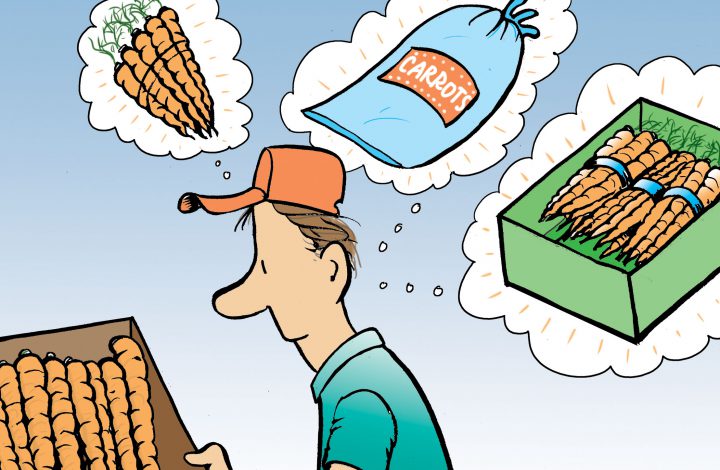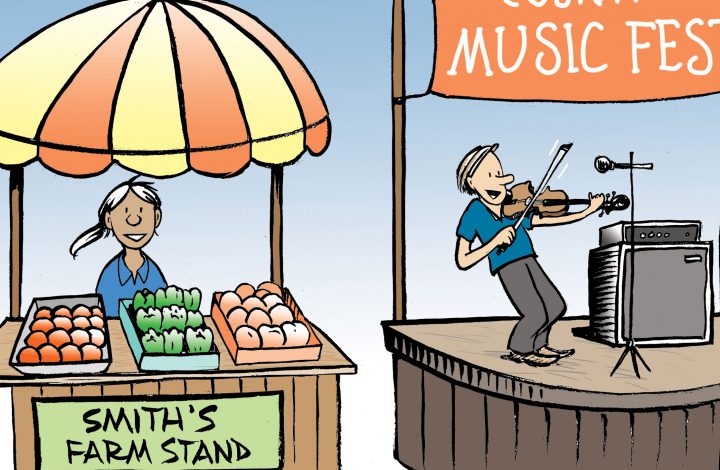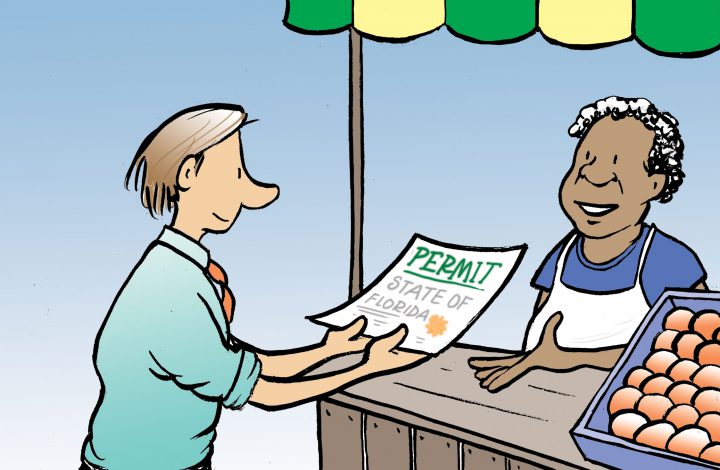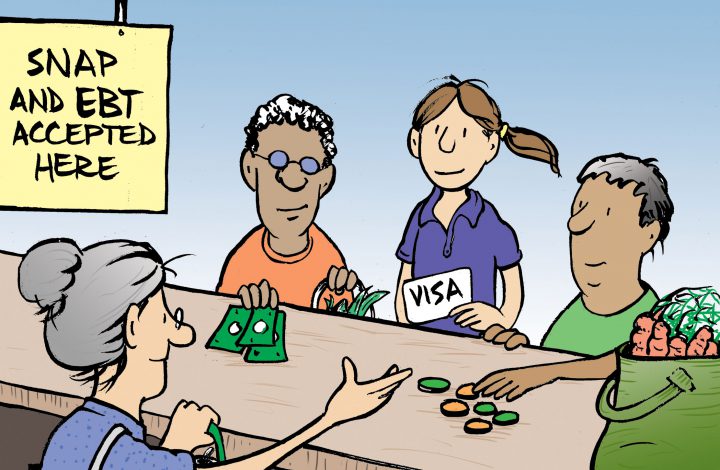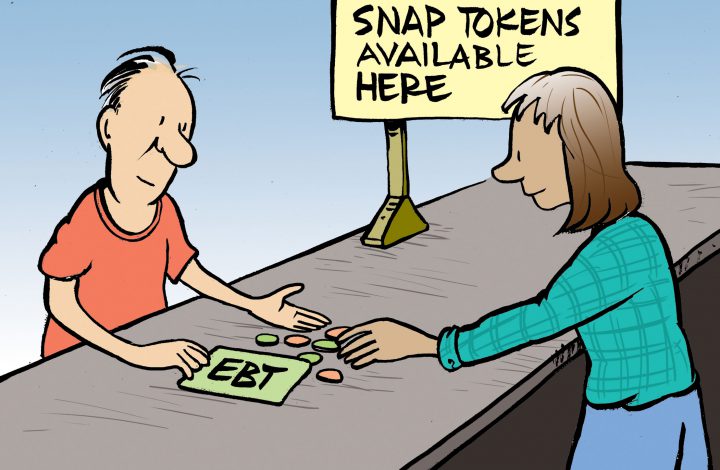Accepting public benefits improves community food accessibility, helps to increase revenue and expand sales for vendors, and helps cultivate a welcoming space for all community members
Public benefits can help increase revenue at a farmers’ market and expand sales by increasing the potential customer base. By integrating public benefits such as the Supplemental Nutrition Assistance Program/Electronic Benefit Transfer (SNAP/EBT), Fresh Access Bucks (FAB), or Women, Infants, and Children Farmers’ Market Nutrition Program (WIC and FMNP) into the point of sale, farmers’ market businesses can be a welcoming asset to the community while also generating a more robust market.
This guide will explain the most common benefit programs and how to integrate them into a point of sale system.
Getting Started with Accepting Benefits
The Supplemental Nutrition Assistance Program (SNAP) formerly known as “food stamps,” is a federal program administered by the United States Department of Agriculture’s Food and Nutrition Service (FNS) to increase opportunities for low-income people to purchase nutritious food. A growing number of farmers’ markets and farmers’ market vendors are beginning to accept SNAP benefits as a way to make fresh and local food more accessible to people with low or no income. There are two ways to accept SNAP benefits; a farmers market can accept SNAP benefits on behalf of the vendors and reimburse vendors for SNAP transactions, or a farmers market vendor can accept SNAP benefits directly from customers.
For more information on implementing SNAP at Florida farmers markets, visit the Farmers Market Legal Tool Kit
WIC Coupons
The Women, Infants and Children (WIC) Program provides supplemental foods at no cost to low-income pregnant, breastfeeding, and non-breastfeeding post-partum women, and to infants and children up to 5 years of age, who are found to be at nutritional risk. Like SNAP, a growing number of farmers’ markets and farmers’ market vendors are beginning to accept WIC benefits as a way to make fresh and local food more accessible to women, infants, and children.
The USDA WIC Farmers Market Nutrition Program makes fresh and local food more accessible to WIC recipients. And like SNAP, accepting WIC benefits provides a great opportunity for a food business to expand the customer base, increase sales, and make farmers’ markets accessible to all people.
There are a few drawbacks to accepting WIC, however. Not all food items qualify as a WIC eligible purchase. WIC uses a coupon-based system, and only authorized farmers, farmers’ markets, and/or roadside stands may accept and redeem WIC coupons. Annual training is mandatory for businesses participating in the WIC program, and businesses must abide by eligibility guidelines to avoid fraud. Some recommendations for integrating WIC coupons into the POS include to:
- Treat customers using WIC coupons the same as those using cash and credit
- Devise efficient and discrete means to accept WIC coupons that do not alienate the customer
- Clearly post all products that do and do not qualify as a WIC-eligible purchase
The Seniors Farmers Market Nutrition Program (SFMNP) is funded by the USDA’s Food and Nutrition Services and is meant to serve low-income seniors.
The SFMNP provides access to locally-grown produce, honey, and herbs while also helping to increase the purchasing of these products at farmers’ markets, roadside stands, and CSAs.
Every customer deserves to feel welcome at farmers markets, regardless of the method they use to make purchases. Here are some tips for fostering a welcoming market environment:
- Treat customers using public benefits the same as those using cash and credit.
- Devise an efficient and discrete means to make a transaction using SNAP/EBT cards, FMNP vouchers, or plastic tokens that does not alienate the customer.
- Clearly label all products that do and do not qualify for SNAP/EBT-, FMNP-, or FAB-eligible purchases.
- Post clear signs in prominent spots to signal to customers that you participate in SNAP/EBT, FMNP, and/or FAB.
- Refrain from referring to SNAP/EBT as ‘food stamps’ because that term carries a negative connotation in some communities. Some SNAP/EBT participants do use this name, so just remain sensitive to their preferred terminology.
